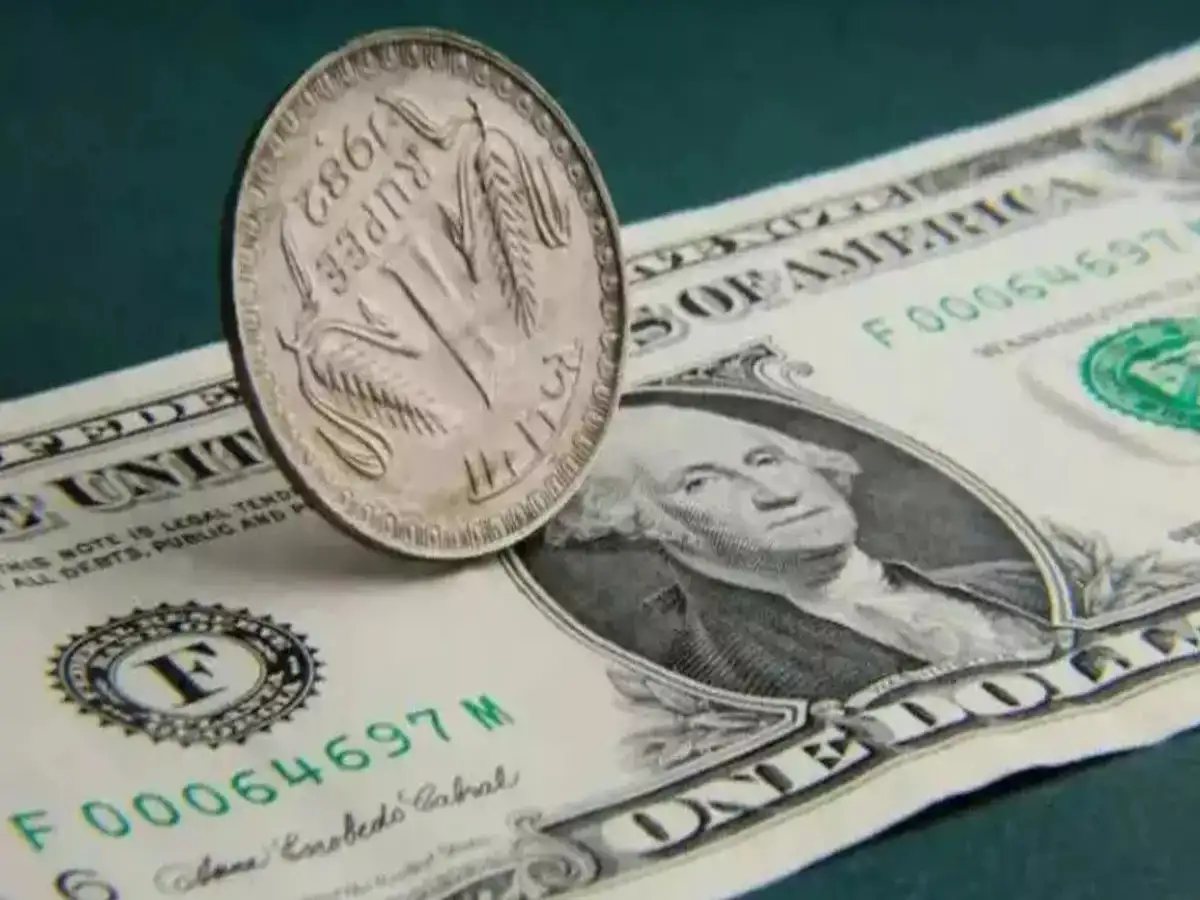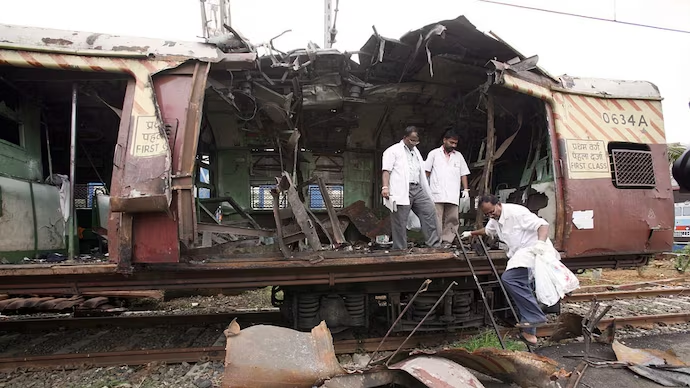Now Reading: Rupee Slips Further, Hits 86.31 Against US Dollar in Morning Trade
-
01
Rupee Slips Further, Hits 86.31 Against US Dollar in Morning Trade
Rupee Slips Further, Hits 86.31 Against US Dollar in Morning Trade

The Indian rupee weakened by 15 paise early Monday, opening at 86.31 against the US dollar. Market watchers are linking the decline to strong dollar demand from importers and concerns over global economic cues. While the fluctuation may seem small, it raises important questions about inflation, trade balances, and how it might affect everyday prices across cities and towns.
What’s Causing the Dip?
The fall is largely attributed to foreign investors pulling back funds and a steady rise in crude oil prices, which increases India’s import bill. Another factor is the strengthening of the US dollar index, which makes emerging market currencies, including the rupee, lose value in comparison.
Meanwhile, India’s stock markets also opened on a cautious note, which may have added to the rupee’s vulnerability during early trading hours.
What This Means for Tier 2 Cities and Middle-Class Households
For middle-class families in Tier 2 cities like Nagpur, Surat, or Indore, a weaker rupee often translates to slightly more expensive imported goods—electronics, fuel, and even medicine. Students planning to study abroad or families sending money overseas may also feel the pinch.
Even businesses that rely on imported materials may pass on the higher costs to consumers, which could drive up prices gradually in local markets.
What’s Next?
Currency analysts believe the rupee might continue to stay under pressure if global oil prices rise further or if there’s another spike in US interest rates. On the domestic front, if the Reserve Bank of India intervenes through forex reserves or interest rate adjustments, it could stabilise the rupee temporarily.
The Bigger Picture
While 15 paise may not seem like a big drop, currency shifts have a cascading effect, especially in an import-reliant economy like India’s. For now, the rupee remains within a manageable range, but market eyes are closely watching how long that balance holds—especially in the face of global economic uncertainty.























